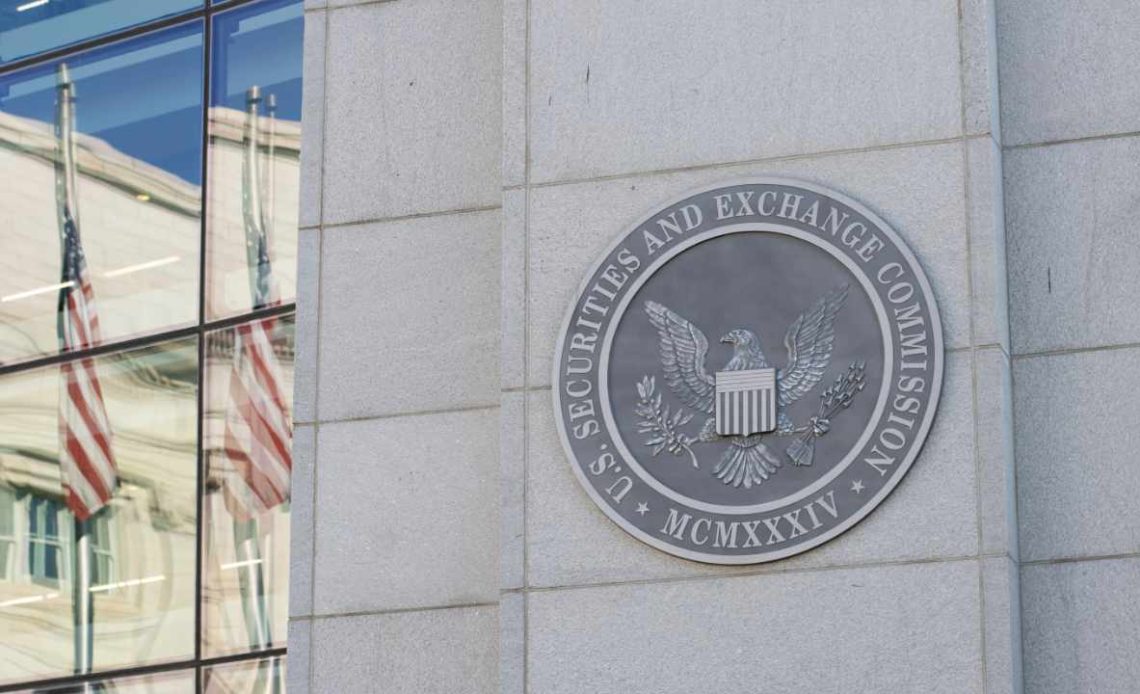
A U.S. district judge has sided with the Securities and Exchange Commission (SEC) in a ruling that declares the trading of certain crypto assets on secondary markets to be securities transactions. This decision emerged from an insider trading case involving crypto exchange Coinbase’s former product manager Ishan Wahi, his brother Nikhil Wahi, and their friend Sameer Ramani.
Former SEC Official Views the Ruling as ‘a Mammoth Loss’ for Coinbase and the Cryptoverse
U.S. District Court Judge Tana Lin of the Western District of Washington has ruled that the trading of certain cryptocurrencies on a secondary market are securities transactions. The U.S. Department of Justice (DOJ) referred to this case as the “first-ever cryptocurrency insider trading case.” It involves crypto exchange Coinbase’s former product manager Ishan Wahi, his brother Nikhil Wahi, and their friend Sameer Ramani.
Former U.S. Securities and Exchange Commission (SEC) internet enforcement chief John Reed Stark explained on social media platform X Monday that Judge Lin “held that the trading of certain crypto assets on a secondary market, specifically trading on the Coinbase exchange, are securities transactions.” He continued:
According to the SEC’s original July 2022 complaint, the tokens traded on Coinbase and alleged to be securities by the SEC included: Amp, RLY, DDX, XYO, RGT, LCX, POWR, DFX and KROM.
While Coinbase was not named in the Wahi insider trading case, the SEC charged the crypto exchange in June last year “with failing to register as an Exchange, as a Broker-Dealer, and as a Clearing Agency,” the former SEC official noted.
Stark proceeded to compare the rulings by Judge Jed Rakoff in the Terra case and Judge Analisa Torres in the Ripple case. In July last year, Judge Torres ruled that direct sales of the XRP token to institutional investors such as hedge funds constituted unregistered securities, while secondary sales on platforms such as exchanges did not. However, a few weeks later, Judge Rakoff “disagreed with Judge Torres, and in a rare SDNY [Southern District of New York] divisive ruling summarily and specifically rejected Judge Torres’s decision,” Stark emphasized. The former SEC internet enforcement chief opined:
IMHO, Judge Lin’s decision was a mammoth loss not only for Coinbase because of its obvious ramifications but also for the cryptoverse because Judge Lin’s decision was a harbinger of the kind of future rulings that lie ahead.
Commenting on Judge Lin’s ruling, Coinbase’s chief legal officer, Paul Grewal, stated on social media platform X Sunday: “I don’t think much of it at all,” he replied to a user on X asking him about the case. Noting that the judge granted the SEC’s request for a default judgement, Grewal stressed:
Default judgments aren’t contested. The whole point is that the defendant didn’t show up from his hideout in India or wherever to contest anything. So the judge literally has the SEC on one side and no one on the other.
“Not only is there no one pushing back on anything the SEC says, the judge is required under the applicable rule to take everything the SEC says in the complaint as true. No matter how far-fetched or plain wrong it is,” he detailed.
Following the ruling, the SEC “added the Wahi decision (which found certain tokens for sale on Coinbase to be securities) as a supplemental authority in the Binance matter,” Stark pointed out.
Source: Bitcoin



